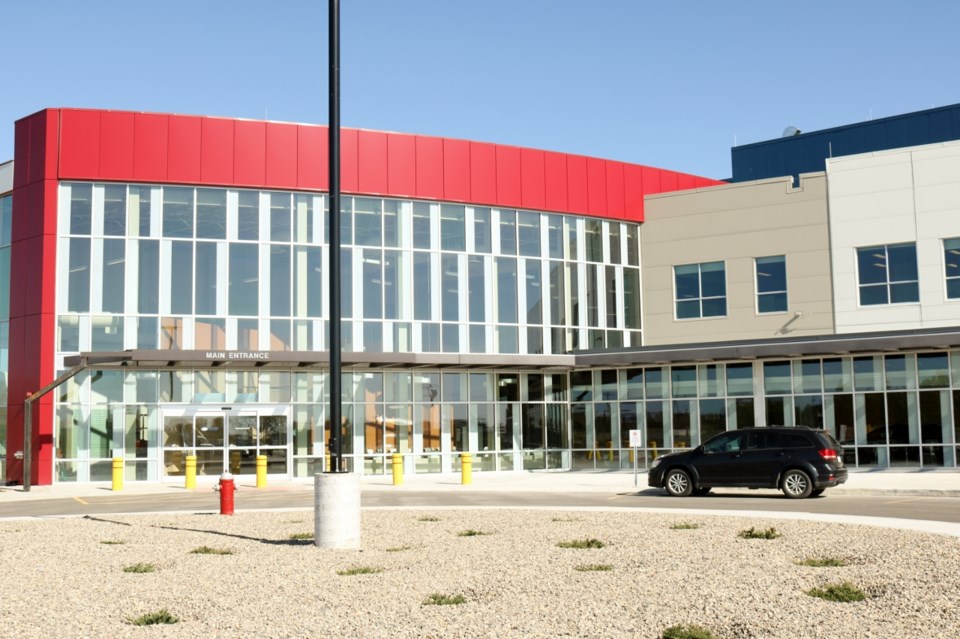The Saskatchewan Health Authority (SHA) has launched an investigation after an Aboriginal woman from Moose Jaw claims she was coerced into being sterilized after giving birth.
The 30-year-old woman — who has not been named in any media reports — was scheduled to have a caesarian section to deliver her third child at the Dr. F. H. Wigmore Regional Hospital in December. The Canadian Press reports that the woman wanted more children and never discussed a tubal ligation, until her doctor demanded she sign a consent form while she was on the operating table.
The woman claims she signed because she thought she had no other choice.
“The Saskatchewan Health Authority takes very seriously any concerns related to patient care. We have initiated an investigation into this situation,” said the SHA in a media statement.
Work has been underway to ensure the experiences identified in an independent, external review released in July 2017 by the former Saskatoon Health Region are not repeated within the province, the SHA continued. The former Saskatoon Health Region launched the review after Aboriginal women came forward with concerns about being pressured into having tubal ligations after delivering their babies.
Senator Yvonne Boyer and Dr. Judy Bartlett, a physician and former professor with the College of Medicine at the University of Manitoba, led the review and authored the 56-page report.
Since the inception of the Saskatchewan Health Authority in December 2017, the SHA agreed, as suggested in the external review, that further improvements to the consent process and a provincial policy related to tubal ligation was needed beyond what had already occurred in the former Saskatoon Health Region, said the statement.
Prior to the women raising their concerns in the 2017 review, care providers in Saskatoon could obtain consent for tubal ligations immediately following the labour experience. That policy was changed once the then-Saskatoon Health Region learned about the experiences of these women. With this change, a woman must have had a documented discussion with her health-care provider before coming into the hospital. Otherwise, tubal ligations would not be provided during the patient's post-partum experience.
Work is nearing completion to ensure that all providers across the province are not discussing the option of tubal ligation during the labour experience, said the SHA. For women who have asked for a tubal ligation to occur with their pre-booked C-sections, there will be a second check to ensure informed consent is in place.
“We also have worked closely with our First Nations and Métis community partners such as FSIN (Federation of Sovereign Indigenous Nations) and MN-S (Métis Nation-Saskatchewan), as well as elders and the grandmothers, to establish a council to advise the SHA on the future of health care in our province,” the SHA said.
The authority has also started, and continues to implement, cultural training of staff. The SHA is working on a culturally responsive framework related to health care, which it adopted in March with its commitment to truth and reconciliation.
“However,” added the SHA, “we know there is still significant work ahead as a health-care system provincially and nationally to address the root causes of these inequalities and discrimination, and ensure these experiences are not repeated.”




